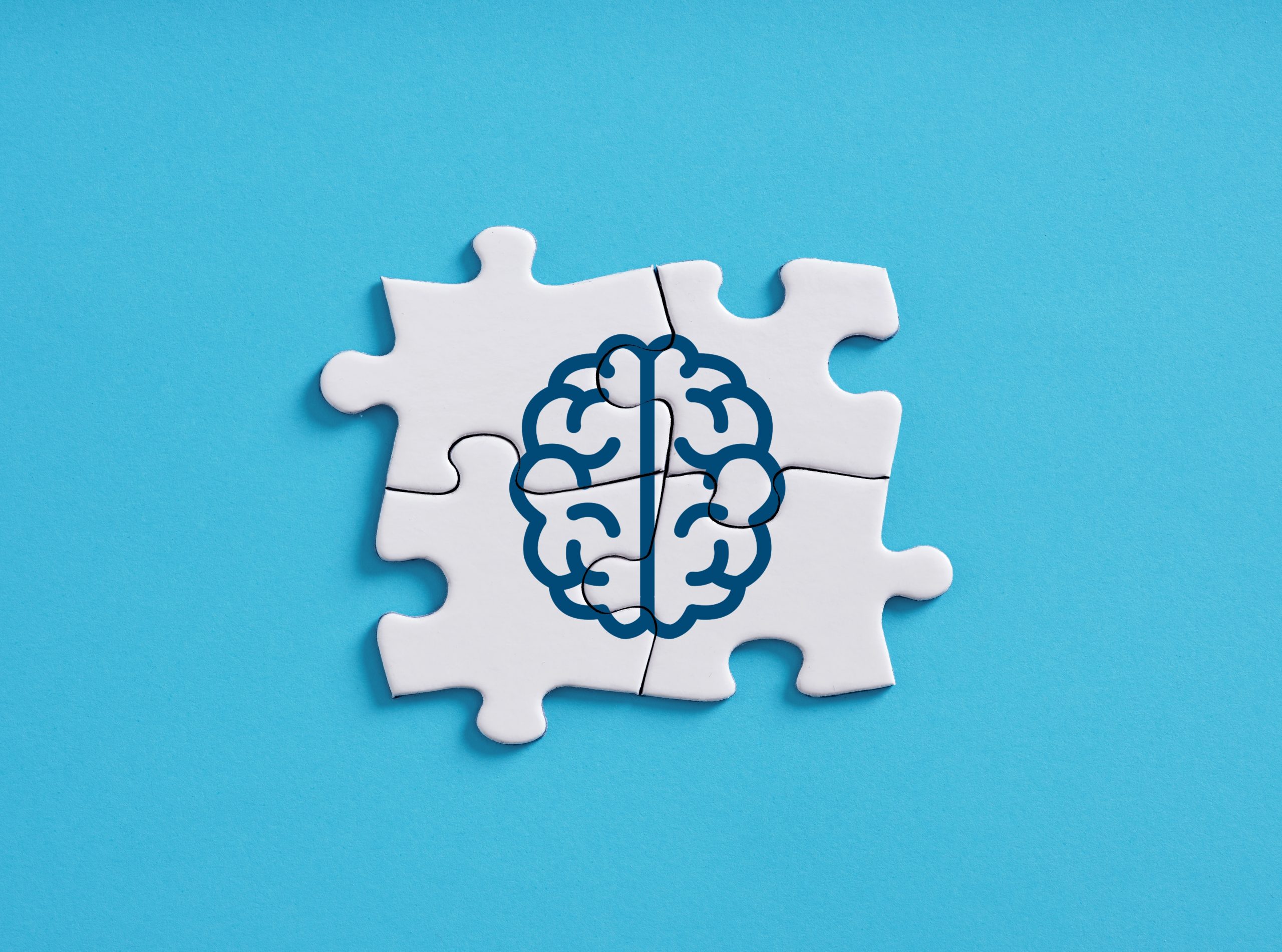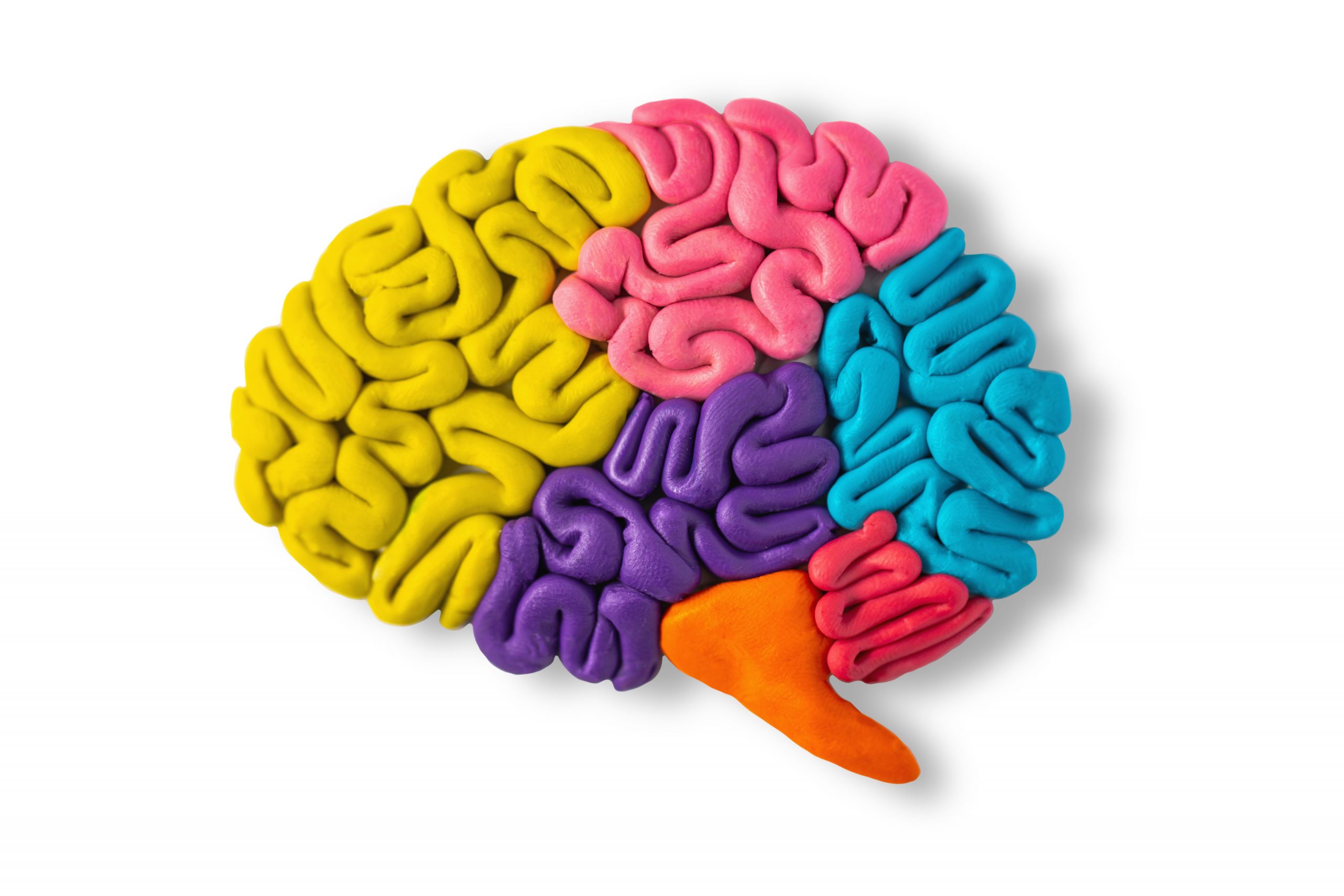As we age, it’s natural for our cognitive function to decline. Memory loss, difficulty with decision making, and slower reaction times are common symptoms of an aging brain. However, there are ways to slow down or even reverse this decline, and one of them is through playing brain games.
Brain games, also known as cognitive training, are activities designed to improve mental processes such as attention, memory, and problem-solving. They typically involve puzzles, memory exercises, and other activities that require mental effort. In recent years, the popularity of brain games has grown significantly, with many people turning to them as a way to improve their cognitive function and prevent age-related decline.
Here are some of the benefits of brain games:
- Improved Memory
Memory loss is a common symptom of aging, but studies have shown that regular engagement in memory-based brain games can improve memory function. Memory games like matching games, word games, and puzzles can help to improve working memory, short-term memory, and long-term memory.
- Increased Mental Agility
Brain games require us to think quickly and make decisions on the spot, which can help to increase mental agility. Mental agility is the ability to process information quickly and accurately, and it’s an important aspect of cognitive function.
- Better Problem-Solving Skills
Many brain games are designed to improve problem-solving skills. These games require us to think outside the box, come up with creative solutions, and analyze information in different ways. The more we engage in problem-solving activities, the better we become at solving real-life problems.
- Reduced Risk of Cognitive Decline
Engaging in regular brain games can help to reduce the risk of cognitive decline. Studies have shown that cognitive training can improve cognitive function in older adults and delay the onset of cognitive decline. This is because brain games can help to strengthen the neural connections in the brain, which can help to slow down the degenerative process that occurs as we age.
- Improved Mood
Playing brain games can also improve our mood. When we engage in mentally stimulating activities, our brain releases dopamine, a neurotransmitter that is associated with pleasure and reward. This can lead to feelings of happiness and satisfaction.
So, what are some examples of brain games that you can try? Here are a few:
- Sudoku
Sudoku is a popular number-based puzzle game that requires you to fill a grid with numbers. It’s a great way to improve your problem-solving skills and mental agility.
- Crosswords
Crossword puzzles are a classic brain game that have been around for decades. They require you to use your vocabulary and problem-solving skills to fill in the blanks.
- Memory Games
Memory games like matching games and concentration games are great for improving memory function.
- Brain Teasers
Brain teasers are short puzzles or riddles that require you to think creatively and come up with unique solutions.
In conclusion, brain games are a fun and effective way to improve cognitive function and reduce the risk of cognitive decline. By engaging in regular brain games, you can improve your memory, mental agility, problem-solving skills, and overall mood. So, why not give them a try? Your brain will thank you for it!












